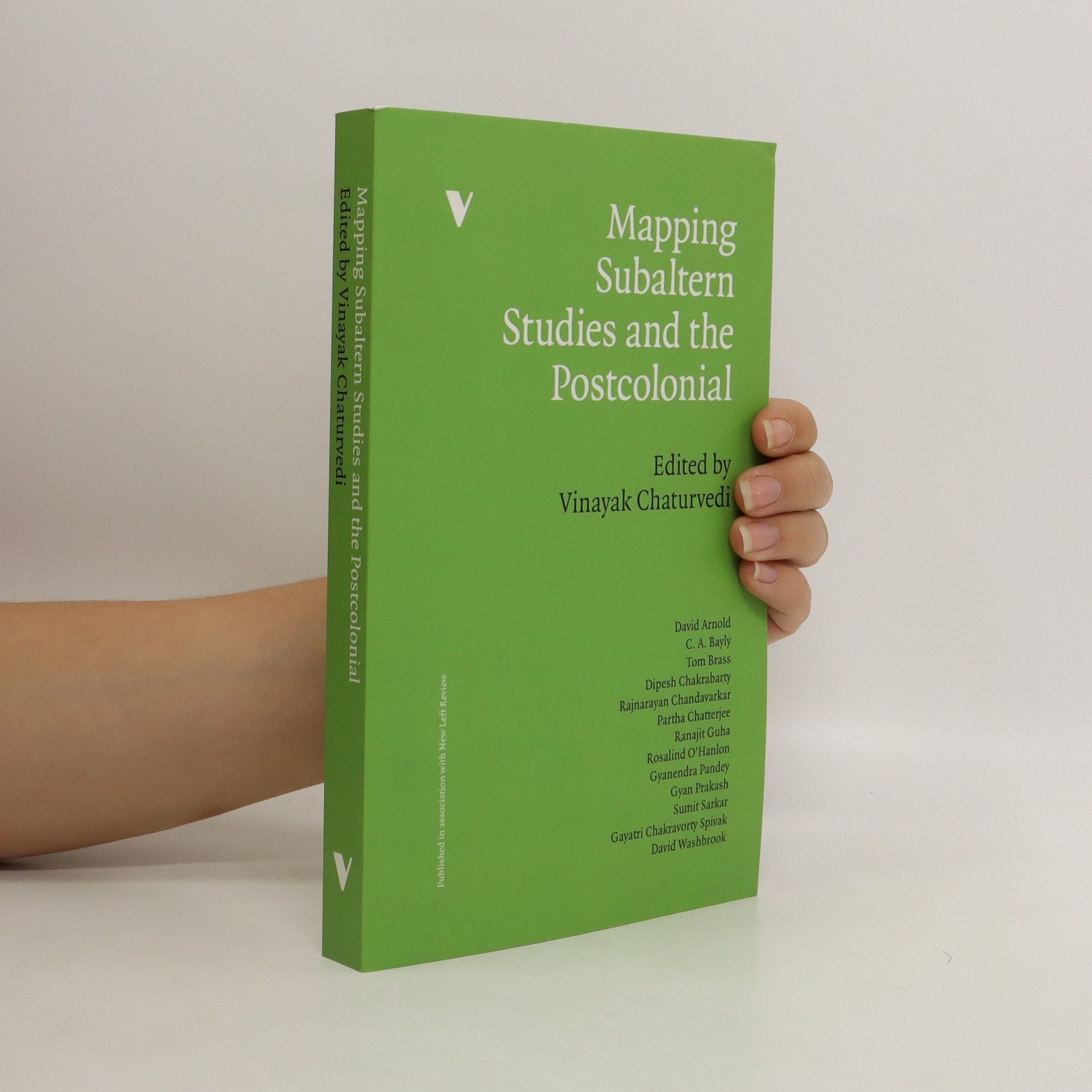Inspired by Antonio Gramsci’s writings on the history of subaltern classes, the authors in Mapping Subaltern Studies and the Postcolonial sought to contest the elite histories of Indian nationalists by adopting the paradigm of ‘history from below’. Later on, the project shifted from its social history origins by drawing upon an eclectic group of thinkers that included Edward Said, Roland Barthes, Michel Foucault, and Jacques Derrida. This book provides a comprehensive balance sheet of the project and its developments, including Ranajit Guha’s original subaltern studies manifesto, Partha Chatterjee, Dipesh Chakrabarty and Gayatri Spivak.
Vinayak Chaturvedi Livres



Focusing on the political thought of Vinayak Damodar Savarkar, the book explores how history shapes his ideology and contributions to modern Hindu nationalism. It delves into Savarkar's interpretations of historical events and figures, revealing their influence on his nationalist vision and political strategies. Through this examination, the work highlights the complex interplay between history and political identity in Savarkar's philosophy.
This collection of essays provides analyses of the COVID-19 pandemic in Asia. It includes interpretations by leading scholars in anthropology, food studies, history, media studies, political science, and visual studies, who examine the political, social, economic, and cultural impact of COVID-19 in China, India, Korea, Japan, Taiwan, and beyond.